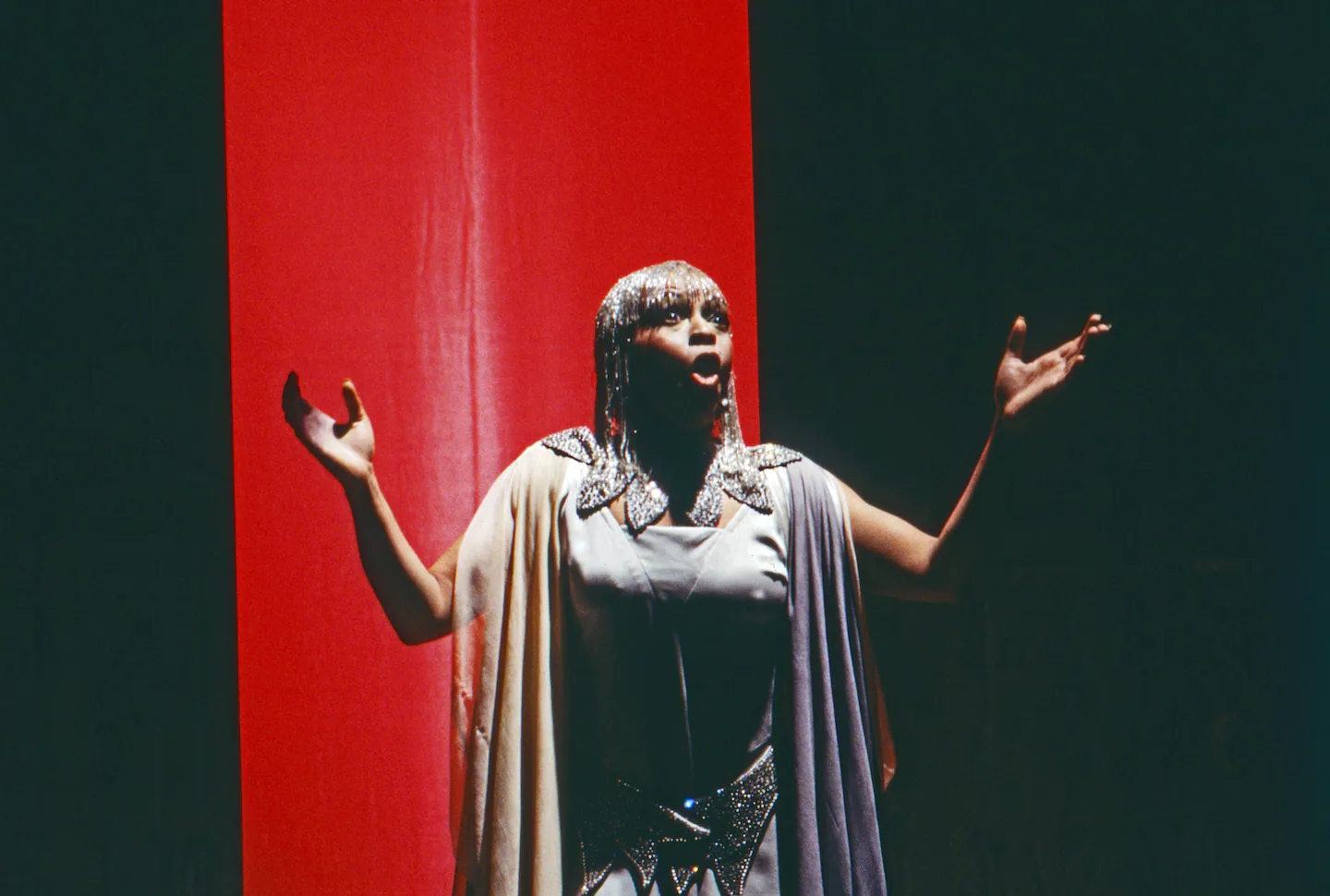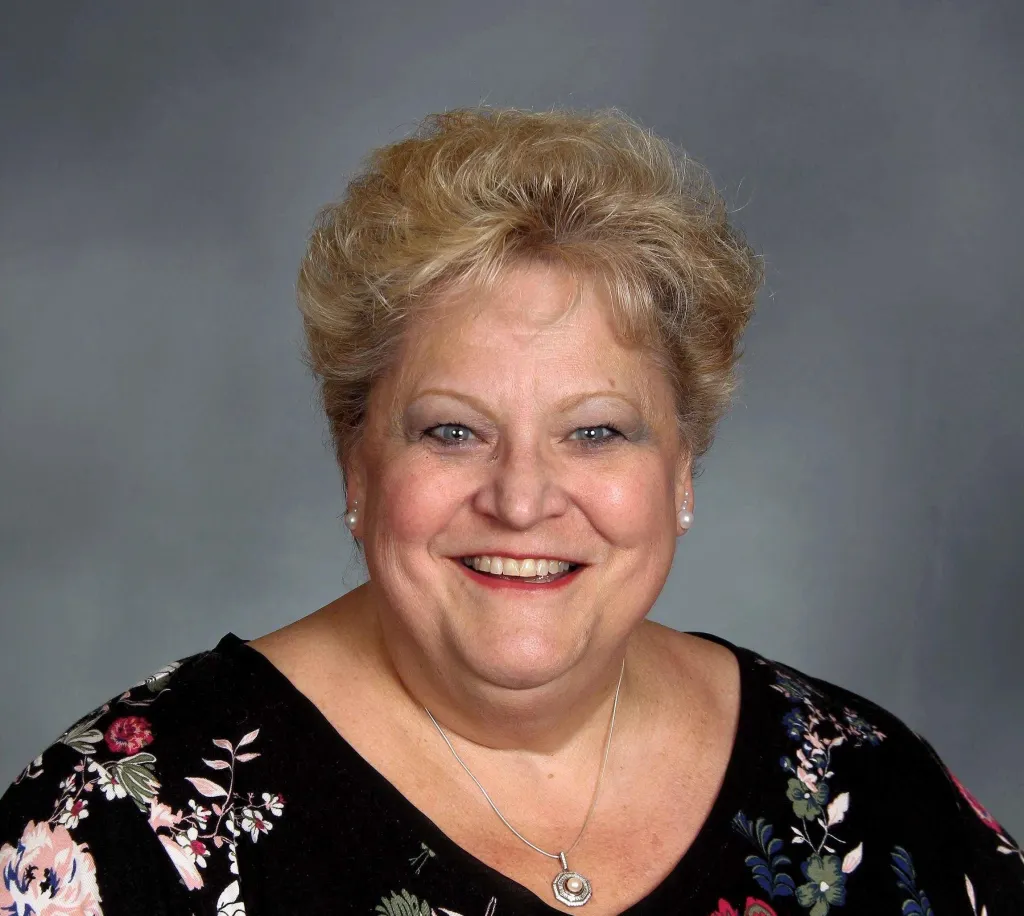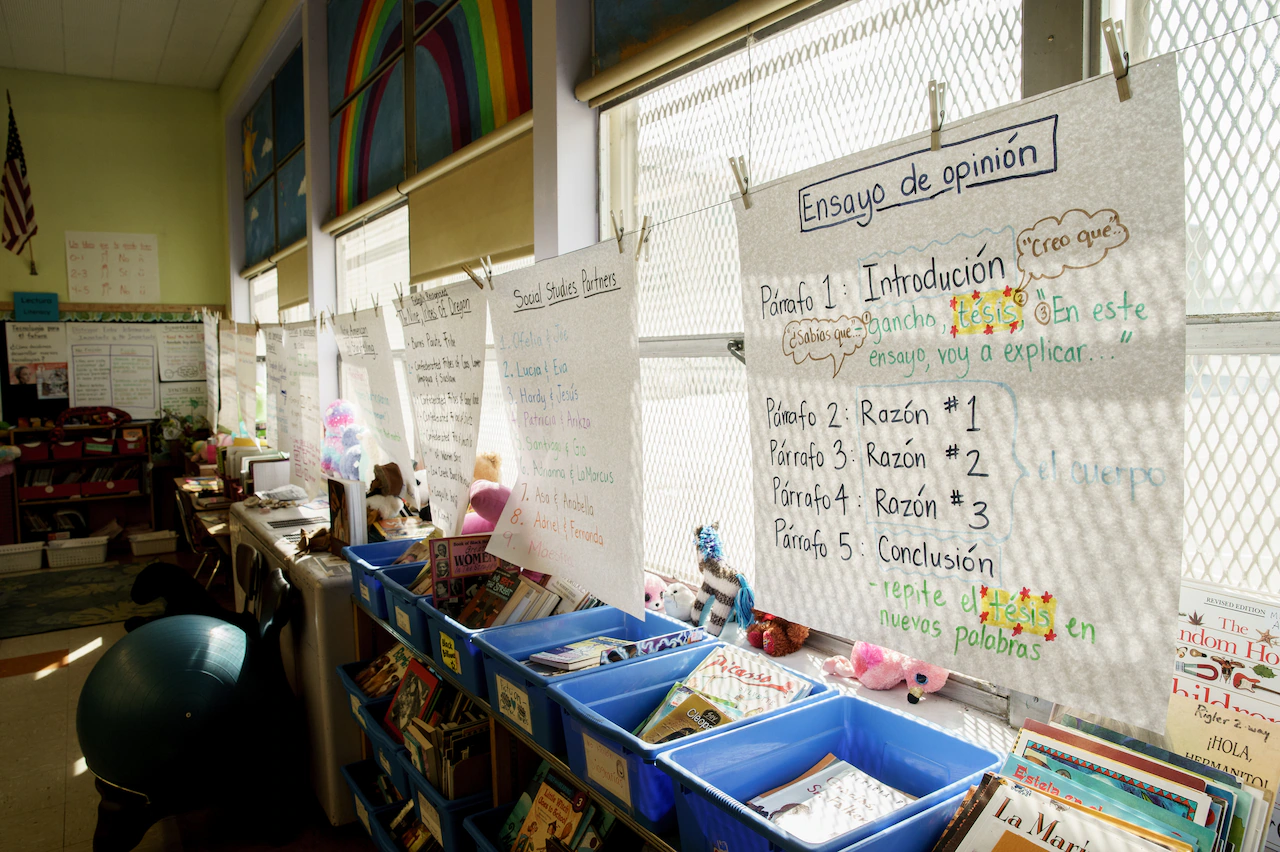Copyright The Boston Globe

She sang 85 times at the Metropolitan Opera, mostly in the 1980s, “making a deep impression for the grace and intensity of her singing,” as Bernard Holland of The New York Times wrote of a 1987 performance in “Clemenza.” She was “one of our most appealing artists,” John Rockwell wrote of her in the Times in 1991, reviewing a recital of American song. There was an unintended irony in those words; Ms. Alexander had long since left the United States. As a Black singer in a US operatic world that could be unfriendly, she had found a freedom in the Netherlands that would not have been possible in America, she told the Dutch newspaper de Volkskrant in 1997. She moved there at 23 when she married Dutch conductor Edo de Waart and enrolled in singing classes at the Royal Conservatory of The Hague. She spent the rest of her life based in the Netherlands; at her death, de Volkskrant described her as “one of the defining singers of the Netherlands.” Recalling how her former manager, an American, had told her that the role of the Marschallin in Richard Strauss’s “Der Rosenkavalier” was a “white role,” and therefore inaccessible to her, she told the Volkskrant interviewer in 1997: “Thank God for Holland.” She left that manager, she added, “because if he thinks like that, he can’t fight for me to get the roles that are right for me.” She noted other racial slights. The Met’s then-artistic director had once told her she couldn’t be cast in the role of Fiordiligi in Mozart’s “Cosi fan Tutte,” one of her favorite roles on European stages, “because you’re Black.” “The Black singers of my generation were raised with the attitude: Just keep quiet, or you won’t have a job,” she told the Dutch newspaper Trouw in 2021, commenting on the “painful and demeaning” racist lyrics sung by Monostatos in Mozart’s “The Magic Flute,” and how directors and cast never discussed them. In later years, as a sought-after singer on the world’s major operatic stages, she rarely dwelled on such encounters, said Annett Andriesen, the former general manager of Holland’s International Vocal Competition. Ms. Alexander was sometimes a juror at the competition. The singer said she remained nonetheless acutely aware of the difference in racial attitudes on the two sides of the Atlantic. Walking down the street in New York with her second husband, Dutch orchestral manager Siebe Riedstra, and his children, “I was suddenly verbally abused by a Black man in a three-piece suit,” she said in 1997. “He wouldn’t allow that, a Black woman with a white man.” “I can sometimes feel very alien in the Netherlands,” she added, “but after two weeks in America, it’s enough.” She preferred to focus on the craft of singing rather than on hurdles she had encountered, Andriesen recalled in an interview. There were, she noted, hundreds of performances, many master classes, and several dozen recordings, including Johann Sebastian Bach Passions with conductors Carlo Maria Giulini and Nikolaus Harnoncourt. “Apart from a fabulous technique, she worked from the words, from the text,” Andriesen said. “She could color her voice.” A 1990 recording by Ms. Alexander and pianist Roger Vignoles of Aaron Copland’s song cycle of 12 Emily Dickinson poems was lauded for the great tenderness and delicacy she brought to “Nature, the Gentlest Mother” and her brash forthright rendering of “There Came a Wind Like a Bugle.” Gramophone magazine commented that in the Copland songs, Ms. Alexander had “exactly the right unaffected lyric mezzo quality.” Her range was considerable: Her 1989 Glyndebourne Festival Opera performance of “Jenufa” was well-known for its intensity and passion in one of the most technically challenging roles in opera. A Gramophone reviewer wrote that she sang the heroine role “with warmth and fervor which exactly captures Jenufa’s open and loving nature.” Roberta Alexander, an only child, was born in Lynchburg, Va., on March 3, 1949, and grew up in Yellow Springs, Ohio. Her father, Robert Alexander, was choir director at Wilberforce University, America’s oldest historically Black private university. Her mother, Roberta (Dabney) Alexander, was a soprano who, like her father, had studied with the pioneering Black composer Undine Smith Moore. Under her parents’ influence, she became a little too enthusiastic about opera from an early age, telling the Sydney Morning Herald she “wasn’t allowed to go to concerts unless I didn’t sing along.” She enrolled at Central State University, a historically Black college in Ohio and the alma mater of opera singer Leontyne Price, and received a bachelor’s degree in music education in 1969. She graduated from the University of Michigan in 1971 with a master’s degree in music and soon moved to the Netherlands. She made her debut in 1975 with the Netherlands Opera in Gioachino Rossini’s “La Cambiale di Matrimonio.” She made her American debut in 1980 with the Houston Grand Opera as Pamina in “The Magic Flute.” Roles at the Santa Fe Opera and Zurich Opera followed, and she made her Met debut in 1983 as Zerlina in Mozart’s “Don Giovanni.” Her survivors include her husband. She continued to sing and teach until her death, and had been engaged to sing in Gustave Charpentier’s “Louise” at the Opéra National de Lyon next year.



